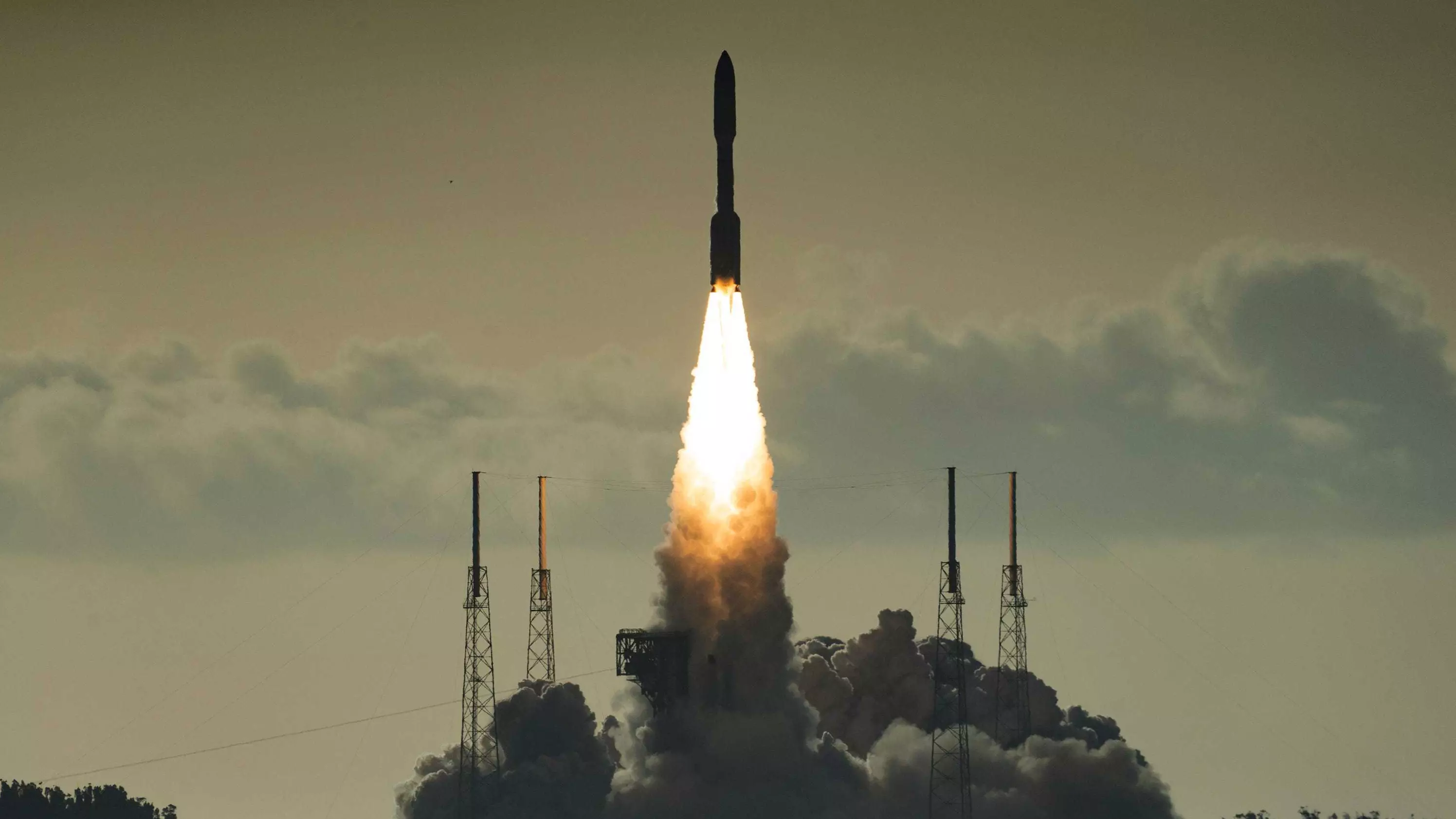
NASA has managed to reestablish contact with its Perseverance rover, having lost signal just hours after its successful launch towards Mars.
The sophisticated piece of kit left Cape Canaveral earlier today (30 July) on board the Atlas V rocket in what is the third and final mission to the Red Planet this summer.
However, just a couple of hours after the launch, scientists lost signal with the rover.
Advert
But Matt Wallace, NASA's deputy project manager, has now confirmed that contact has been resumed and that things are looking good.
He said: "All signs point to good health.
"Perseverance's signal is extremely strong, and a bit overwhelming for the Deep Space Network's sensitive receiver."
But while some serious concerns were raised at the time, specialists monitoring the mission pointed out that the Curiosity rover had similar problems when it launched back in 2011.
Advert
Speaking during a post-launch conference, NASA Administrator Jim Bridenstein said when you are dealing with such vast distances, issues with establishing a signal are not uncommon.
He said: "The space craft right now is in deep space, it is a good distance from the Earth, but it is not the distance that we would normally be receiving from using the deep space network.
"What this does, it puts us in a position where the carrier wave, we have a strong signal, but we haven't been able to lock on to the modulator of that signal to receive the data.
"This is not unusual, everything is going according to plan. We do need to fine-tune our receiving stations on the ground to capture that receiving signal and lock on.
Advert
"But I think we are in great shape."
Perseverance is about the size of a car and is accompanied by a helicopter called Ingenuity that is tasked with attempting to fly in Mars' extremely thin atmosphere and gather information.
It is due to land on Jezero, a former water-filled lake, on 18 February 2021. Once there, it will drill down into the planet's surface and collect dozens of half-ounce (15-gram) specimens, which will be picked up by another mission in 2031.
Advert
Speaking ahead of the launch, Mr Bridenstine said it was vital that after a previous delay - the original launch date was 17 July - the mission went ahead.
He said: "The public wants to see the US and our international partners do stunning things and we have a history of doing amazing things in the most challenging times.
"This is no different. We can only go to Mars once every 26 months when literally the planets are aligned. If we missed this launch window, it would cost us half a billion dollars to store this vehicle for the next two years."
Featured Image Credit: PA